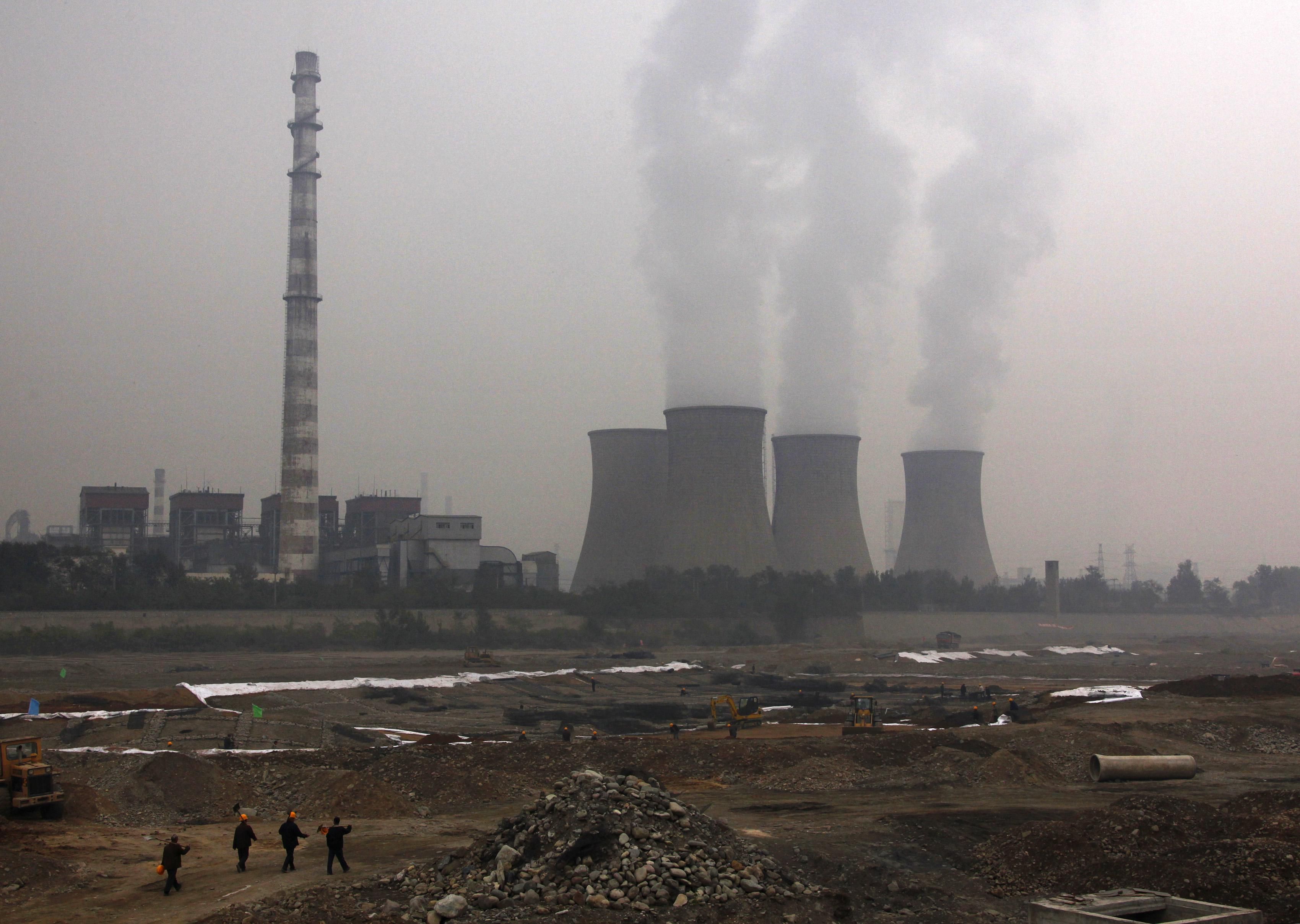Hard Numbers: Coal still king in Asia, EU to cut emissions, ESG in the Global South, COVID’s tiny temperature impact
638 billion: Investors have poured $638 billion into new coal power plants around the world, with more than 80 percent of them in Asia. Analysts predict that most of these projects will go ahead despite falling demand and environmentalist pushback, as many Asian governments seek to protect their coal sectors from the economic impact of COVID-19.
55: European Union leaders have agreed to cut carbon emissions by at least 55 percent compared to 1990 levels by the end of the decade. The new commitment — included in the EU's hard-fought deal on a $2 trillion coronavirus rescue package — is in line with the bloc's overall pledge to reach "net zero" emissions by 2050.
6: Only six of the world's top 100 most sustainable companies are based in the Global South. Three are in Brazil, two in China, and one in South Africa. While ESG-compliant businesses are doing well in many rich nations, ESG has yet to take off in most developing countries, mainly due to vague ESG criteria and market barriers that limit the flow of global ESG investment to many emerging economies.
0.01: The pandemic pushed global carbon emissions down by more than 7 percent this year, the biggest annual drop since World War II. That, however, will only lower global temperatures by a "negligible" 0.01°C thirty years from now.